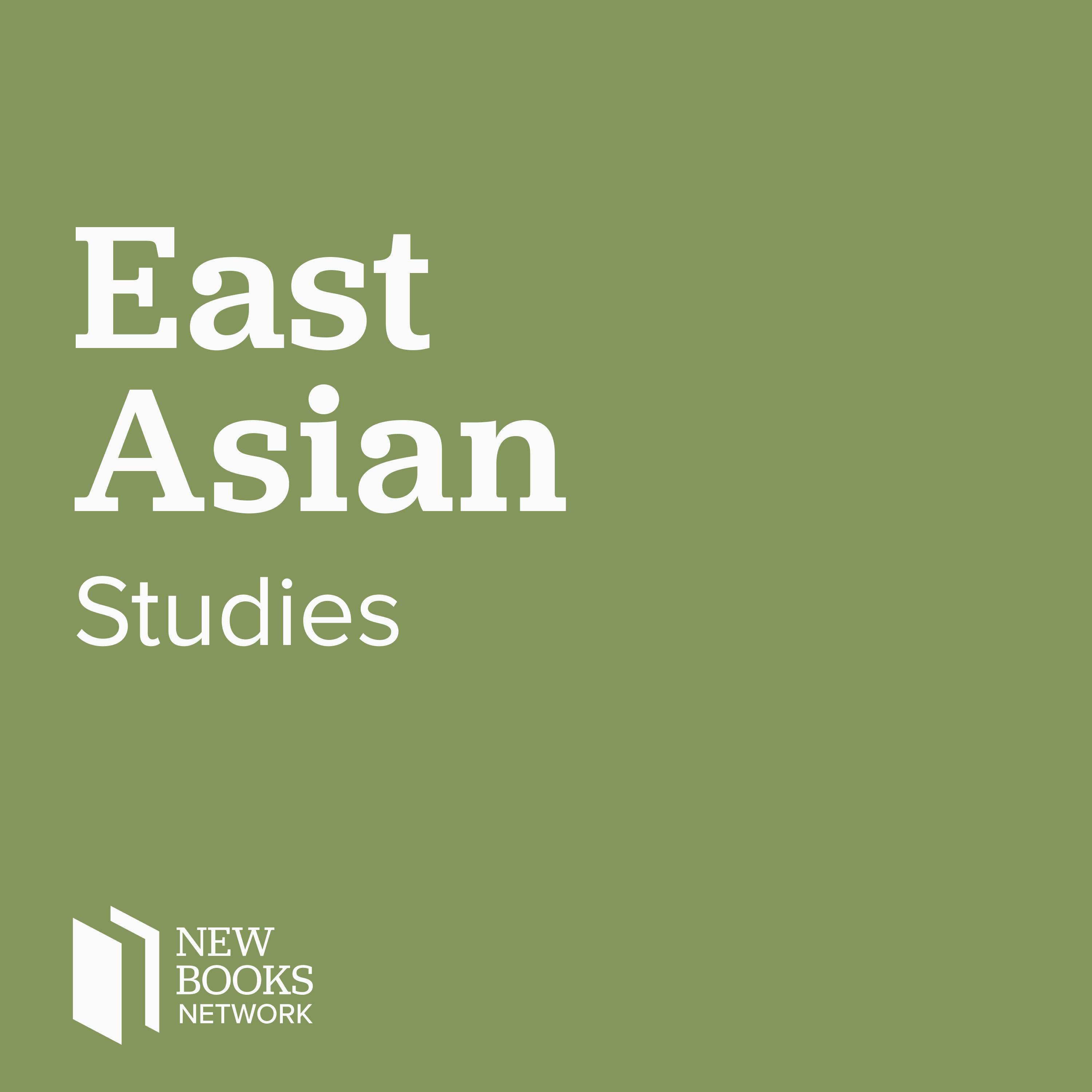Robin Visser, "Questioning Borders: Ecoliteratures of China and Taiwan" (Columbia UP, 2023)
Description
Indigenous knowledge of local ecosystems often challenges settler-colonial cosmologies that naturalize resource extraction and the relocation of nomadic, hunting, foraging, or fishing peoples. Questioning Borders: Ecoliteratures of China and Taiwan (Columbia UP, 2023) explores recent ecoliterature by Han and non-Han Indigenous writers of China and Taiwan, analyzing relations among humans, animals, ecosystems, and the cosmos in search of alternative possibilities for creativity and consciousness.
Informed by extensive field research, Robin Visser compares literary works by Bai, Bunun, Kazakh, Mongol, Tao, Tibetan, Uyghur, Wa, Yi, and Han Chinese writers set in Xinjiang, Tibet, Inner Mongolia, Southwest China, and Taiwan, sites of extensive development, migration, and climate change impacts. Visser contrasts the dominant Han Chinese cosmology of center and periphery that informs what she calls “Beijing Westerns” with Indigenous and hybridized ways of relating to the world that challenge borders, binaries, and hierarchies.
By centering Indigenous cosmologies, this book aims to decolonize approaches to ecocriticism, comparative literature, and Chinese and Sinophone studies as well as to inspire new modes of sustainable flourishing in the Anthropocene.
Robin Visser is professor and associate chair of the Department of Asian and Middle Eastern Studies at the University of North Carolina at Chapel Hill. She is the author of Cities Surround the Countryside: Urban Aesthetics in Postsocialist China (2010).
Li-Ping Chen is a teaching fellow in the Department of East Asian Languages and Cultures at the University of Southern California. Her research interests include literary translingualism, diaspora, and nativism in Sinophone, inter-Asian, and transpacific contexts.
Learn more about your ad choices. Visit megaphone.fm/adchoices
Support our show by becoming a premium member! https://newbooksnetwork.supportingcast.fm/east-asian-studies
More Episodes
If you are familiar with traditional Chinese literature, you have likely come across the figure of the “shrew,” a morally threatening woman who is either transgressive and polluting, promiscuous, or violent (or perhaps a combination of all three). Scholars of literature typically write about how...
Published 05/02/24
Published 05/02/24
In Xiongnu: The World’s First Nomadic Empire (Oxford UP, 2024), Bryan K. Miller weaves together archaeology and history to chart the course of the Xiongnu empire, which controlled the Eastern Eurasian steppe from ca. 200 BCE to 100 CE. Through a close analysis of both material artifacts and...
Published 05/01/24


